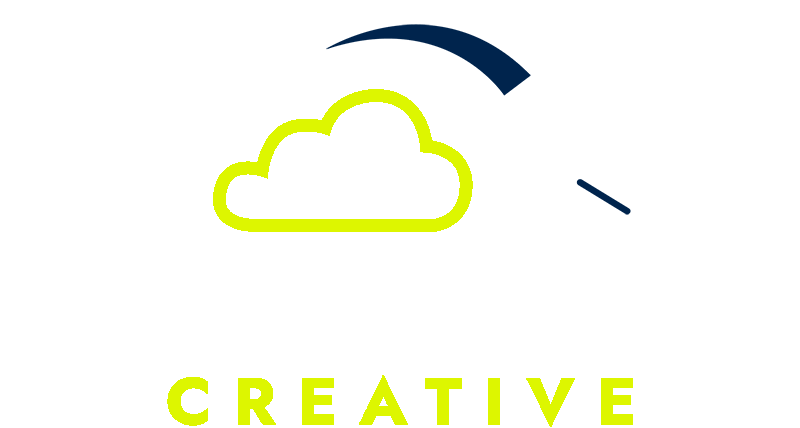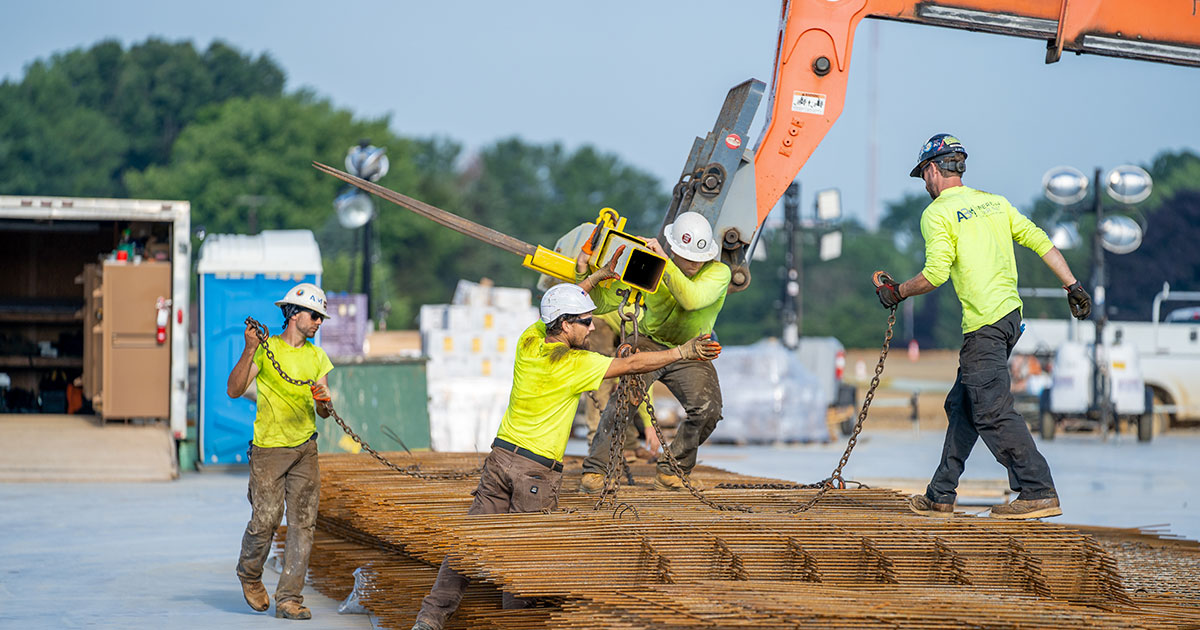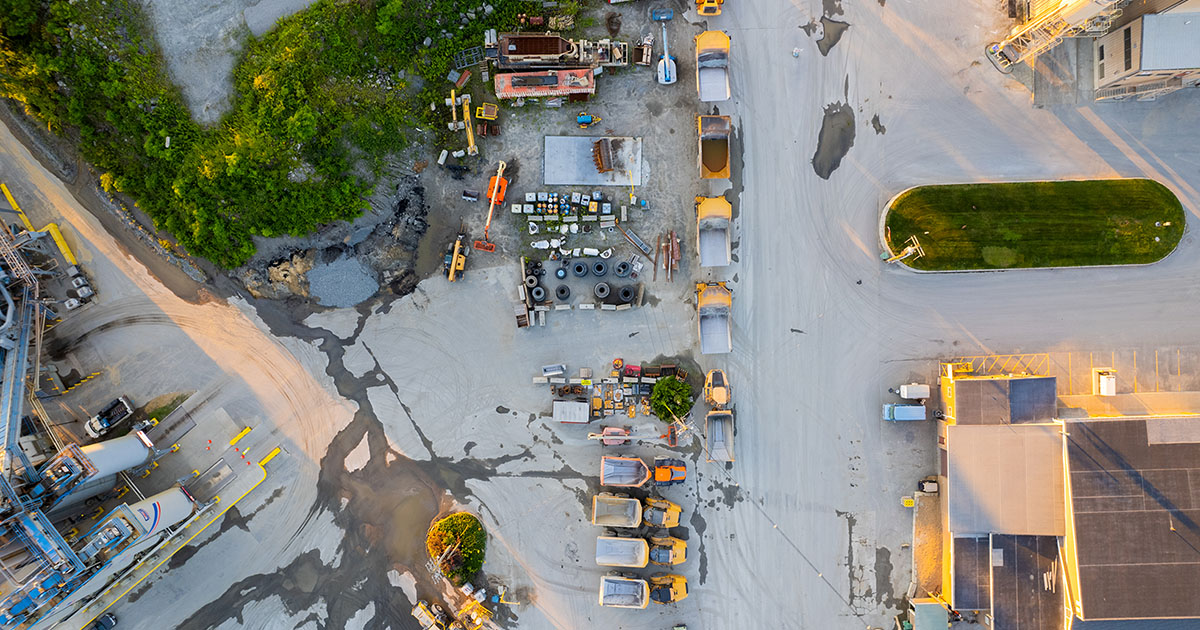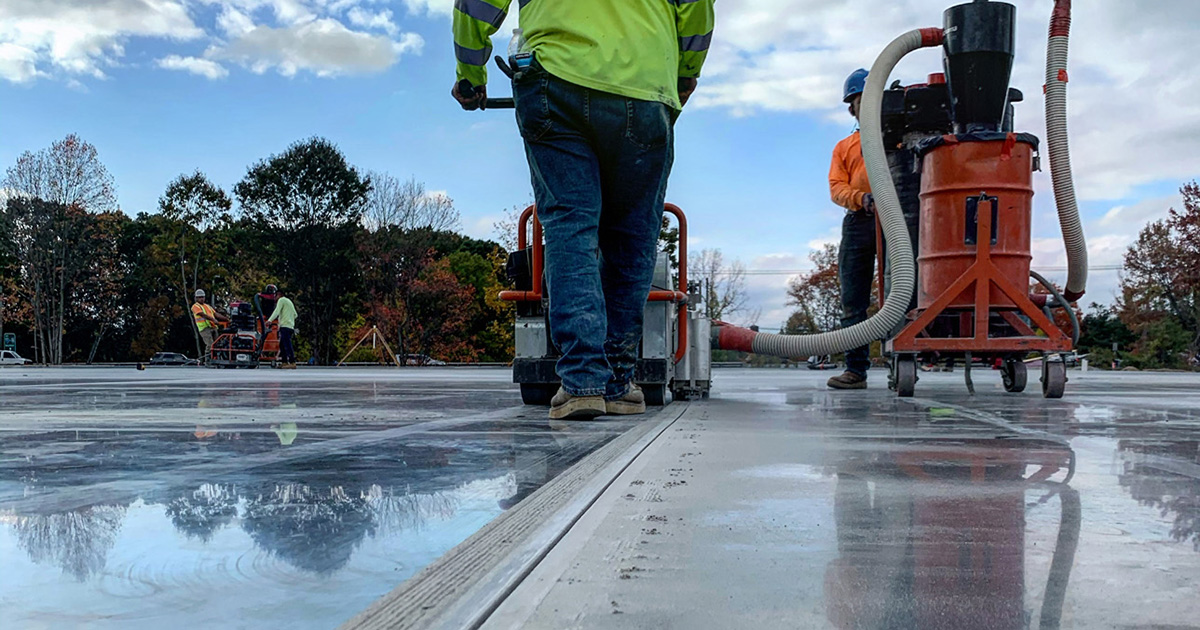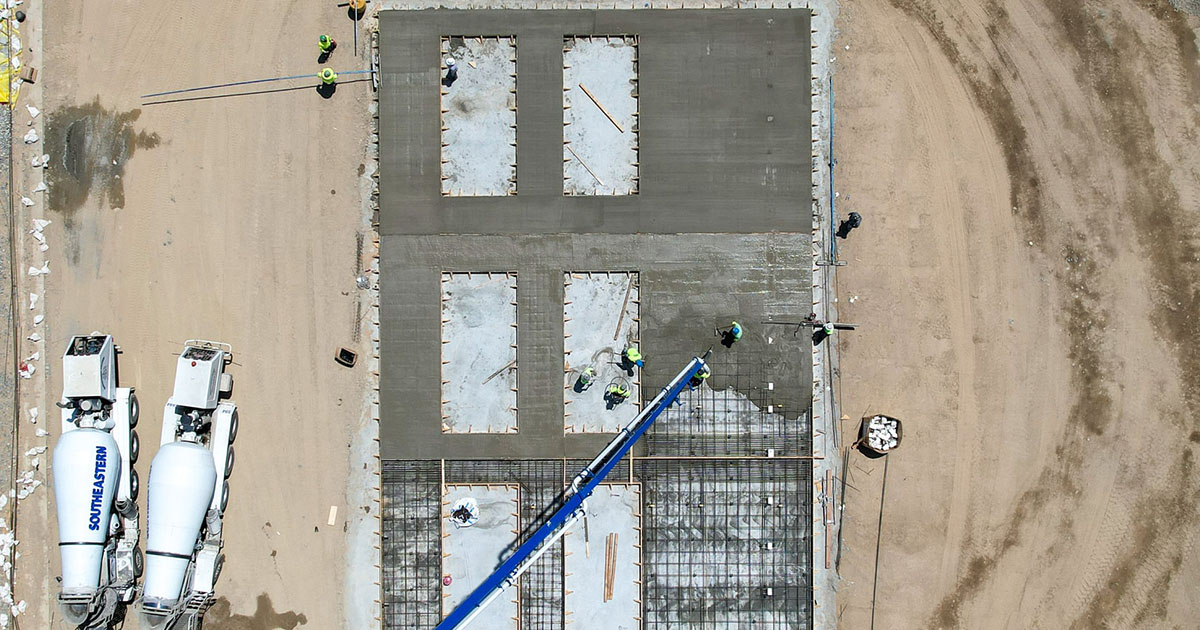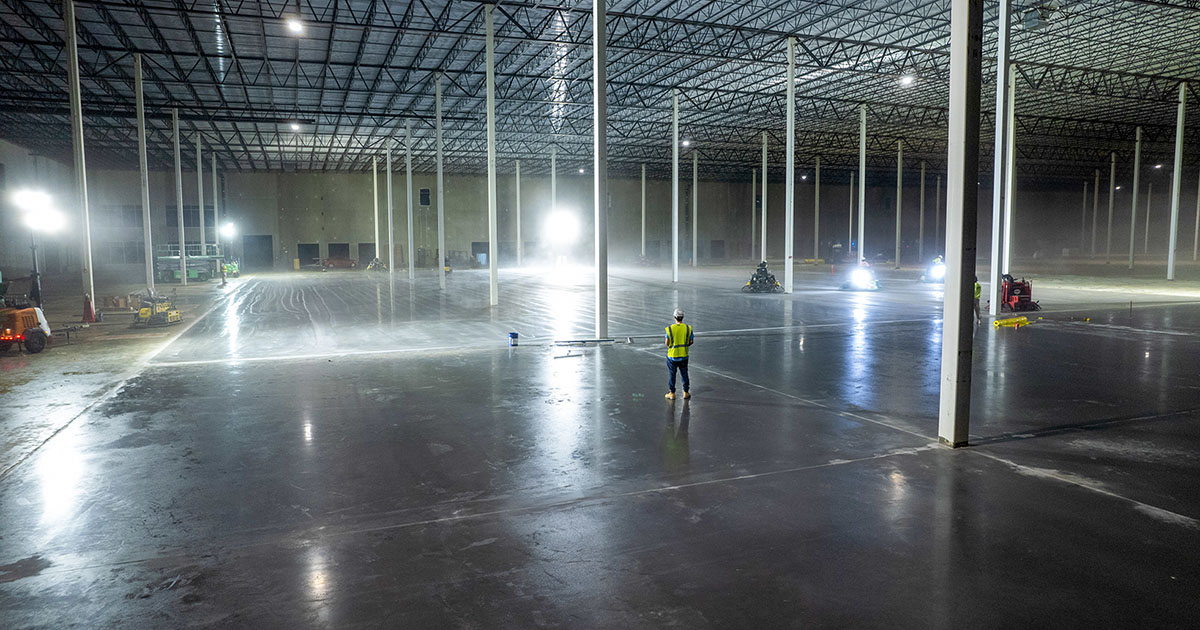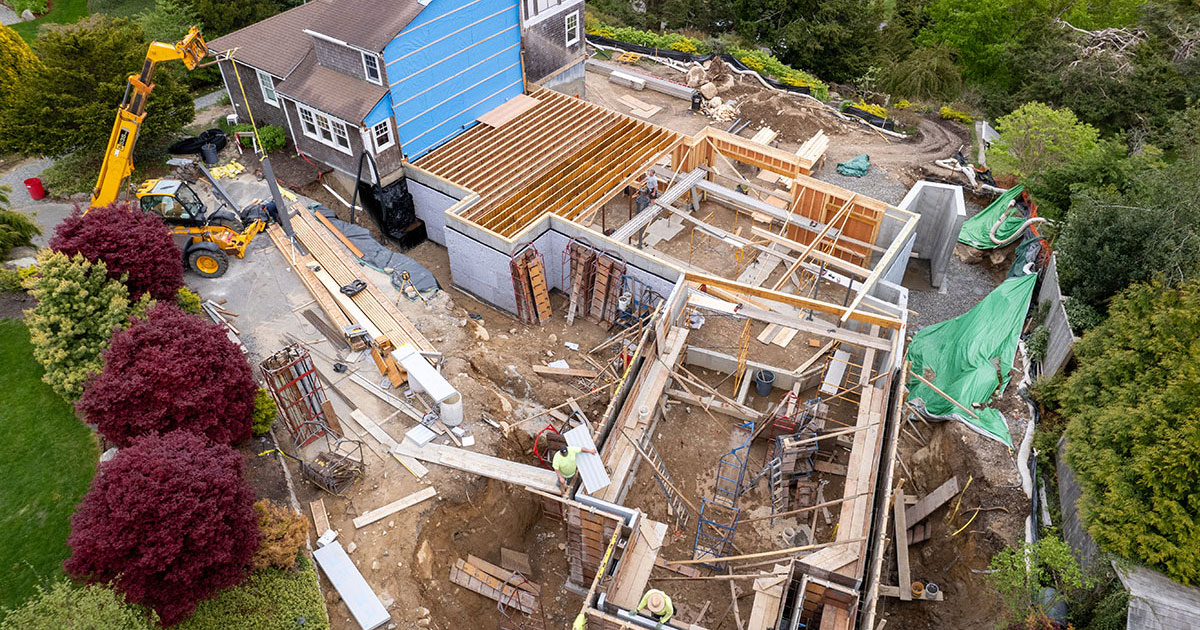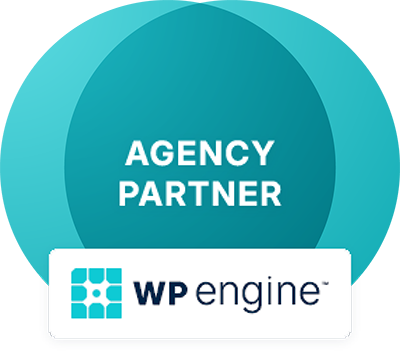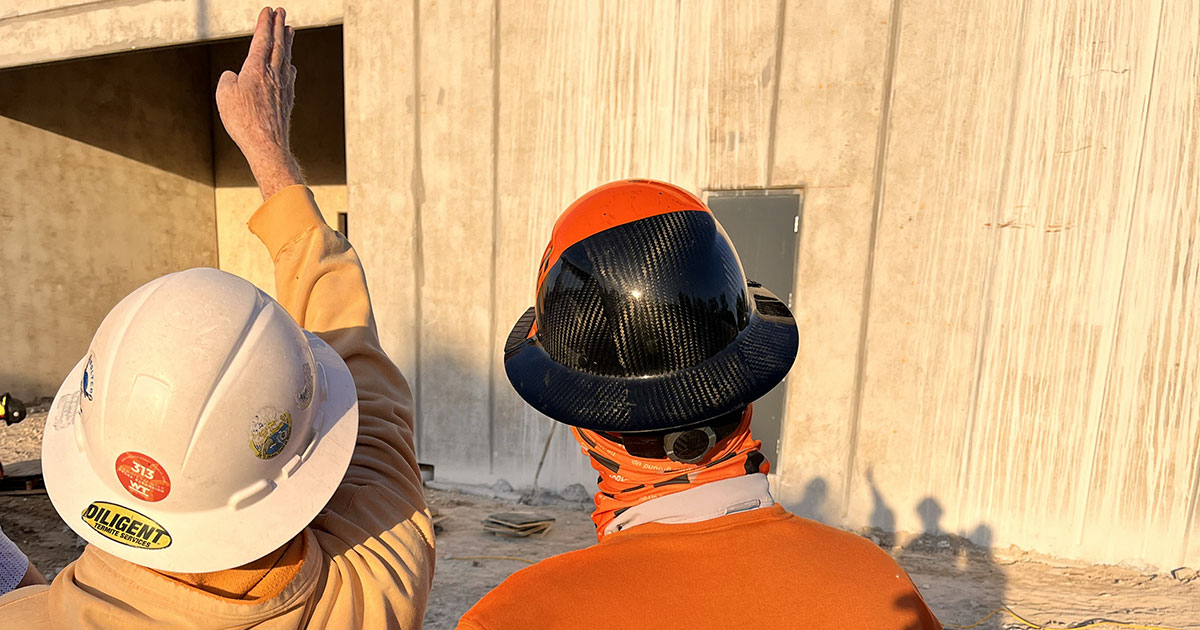
The Most Important Pages for a Construction Company Website
A well-designed website is a cornerstone for any construction company looking to establish credibility, attract clients, and showcase expertise. While aesthetics and functionality are critical, the success of your website depends largely on the content and organization of its pages. Each page should serve a clear purpose, offering visitors valuable information while guiding them toward action—whether that’s contacting your team, exploring your services, or requesting a quote.
In this article, we’ll outline the most important pages for a construction company website and provide tips for maximizing their effectiveness.
Homepage: Your First Impression
The homepage is often the first interaction potential clients have with your company, so it must grab attention and convey your value immediately.
Key Elements for Your Homepage:
- Headline and Tagline: Clearly state who you are and what you do (e.g., “Building Dreams with Precision and Excellence”).
- Eye-Catching Visuals: Use high-quality images or videos of completed projects.
- Call-to-Action (CTA): Include CTAs like “Request a Free Estimate” or “View Our Portfolio.”
- Quick Links: Provide easy navigation to important sections like services, projects, and contact information.
Highlight your unique selling points (e.g., years of experience, certifications, or specialties) to differentiate your company from competitors.
About Us: Building Trust
Clients want to know who they’re working with before they commit. The About Us page provides a chance to share your story, mission, and team.
What to Include:
- Company History: Briefly outline your background and milestones.
- Mission and Values: Highlight what drives your company and how you approach projects.
- Team Profiles: Introduce key members with photos and short bios.
- Certifications and Awards: Showcase industry accreditations, awards, and recognitions.
Add a personal touch by sharing your company’s philosophy or commitment to customer satisfaction.
Services Page: Showcasing Your Expertise
The Services page should provide a detailed overview of what your company offers, helping potential clients understand if you’re the right fit for their project.
How to Structure Your Services Page:
- Service Categories: Break down your offerings into clear sections (e.g., residential construction, commercial projects, renovations).
- Detailed Descriptions: Explain what each service entails and the benefits for clients.
- Visuals: Include photos or videos of your team in action.
- CTA: Add links to request a quote or schedule a consultation.
Use client-centric language to address how your services solve their pain points.
Highlight Specialty Services
For companies that offer unique or niche services, consider dedicating a subsection to these specialties.
- Sustainable or green building solutions.
- Historical restoration or preservation projects.
- LEED-certified construction practices.
Use this section to emphasize your expertise in areas that set you apart from competitors, targeting clients seeking those specific services.
Portfolio/Projects Page: Highlighting Your Work
A Portfolio or Projects page is essential for showcasing your completed work, giving potential clients a glimpse of your capabilities and quality standards.
What to Include:
- High-Quality Photos: Use professional images of finished projects.
- Project Details: Include descriptions of the scope, challenges, and outcomes for each project.
- Categories: Organize projects by type (e.g., residential, commercial, or industrial).
- Client Testimonials: Add feedback from clients to reinforce trust.
Include before-and-after photos to demonstrate the transformation your team achieved.
Client Logos or Project Partners
On your Portfolio or Projects page, include logos of notable clients or partnerships.
- Adds credibility by showcasing high-profile collaborations.
- Demonstrates your ability to handle large or complex projects.
Include a caption like “Proudly partnering with [Client Name] on [Project Type].”
Testimonials/Reviews Page: Building Credibility
Testimonials and reviews serve as social proof, helping to build trust with potential clients. A dedicated Testimonials page can be a powerful tool to highlight your reputation.
How to Gather and Display Testimonials:
- Client Quotes: Include short, impactful testimonials from past clients.
- Video Testimonials: Add videos for a more engaging presentation.
- Attribution: Include the client’s name, project type, and location (with their permission).
Update this page regularly to keep it fresh and relevant.
Contact Us: Making It Easy to Connect
The Contact Us page should make it simple for potential clients to reach out to you.
What to Include:
- Contact Form: Allow users to provide their name, email, phone number, and a brief description of their project.
- Phone Number and Email Address: Make these clickable for mobile users.
- Physical Address: Include your office location and a Google Maps integration if applicable.
- Business Hours: State when your team is available.
Use a friendly tone and a strong CTA, such as “We’d love to hear from you—let’s build something great together!”
Blog: Educating and Engaging Your Audience
A blog is a versatile tool that helps drive traffic to your site, establish authority, and engage potential clients.
Content Ideas for a Construction Blog:
- Project Spotlights: Share detailed insights into recent projects.
- Construction Tips: Offer advice on topics like budgeting or choosing the right contractor.
- Industry Trends: Discuss emerging materials, technologies, or sustainable practices.
Optimize blog posts for SEO by using keywords relevant to your audience, such as “home renovation ideas” or “commercial construction trends.”
Video Blogs or Vlogs
In addition to written content, integrate video blogs to engage audiences who prefer visual content.
- “Behind the Scenes” project walkthroughs.
- Q&A sessions with project managers or foremen.
- Time-lapse footage of projects from start to finish.
Host videos on YouTube and embed them in your blog posts to expand reach and SEO benefits.
Careers Page: Attracting Talent
For construction companies looking to grow their teams, a Careers page is essential.
What to Include:
- Job Listings: Clearly outline open positions and their requirements.
- Company Benefits: Highlight perks like training programs, competitive pay, and a positive work environment.
- Employee Testimonials: Share stories from current team members about why they enjoy working for your company.
- Application Form: Make it easy for candidates to apply directly through your site.
FAQs Page: Answering Common Questions
An FAQs page addresses common client concerns and helps streamline the decision-making process.
Topics to Cover:
- Pricing and estimates.
- Project timelines.
- Permits and regulations.
- Communication during the project.
Update this page periodically to reflect changes in processes or frequently asked questions from clients.
Project Preparation Guides
Enhance your FAQs page with downloadable guides or resources to help clients prepare for construction projects.
- “What to Expect During Your Home Renovation.”
- “How to Prepare Your Commercial Space for Construction Work.”
Use these guides as lead magnets, requiring visitors to provide an email to download.
Privacy Policy and Terms of Service
These pages are often overlooked but are essential for building trust and complying with regulations.
What to Include:
- Privacy Policy: Explain how you collect, use, and protect client data.
- Terms of Service: Outline the terms of using your website and services.
Keep these pages easy to find by linking them in your footer.
Accessibility Statement
Include an Accessibility Statement to ensure compliance with ADA (Americans with Disabilities Act) and demonstrate inclusivity.
- Your commitment to providing an accessible website experience.
- Contact information for reporting accessibility issues.
Link this statement alongside your Privacy Policy and Terms of Service in your footer.
Additional Pro Tips for Your Construction Website
- Add Live Chat: Implement a live chat feature on key pages, such as the Homepage and Contact Us page, to address visitor inquiries instantly.
- Incorporate Testimonials on Every Page: Feature short client testimonials throughout your site, particularly on service and portfolio pages.
- Use Microanimations: Subtle animations, like hover effects or image transitions, can enhance the user experience and make your site feel more dynamic.
- Include Trust Badges: Display certifications, awards, or membership badges (e.g., BBB Accredited, OSHA Compliant) prominently on your site to build trust.
Building a Website That Works for Your Construction Business
Your website is one of your most valuable marketing tools. By including the right pages—each optimized to serve specific purposes—you can effectively showcase your expertise, build trust with potential clients, and generate more leads.
Investing in a professional, well-organized website with these essential pages not only strengthens your online presence but also positions your construction company as a leader in the industry.
